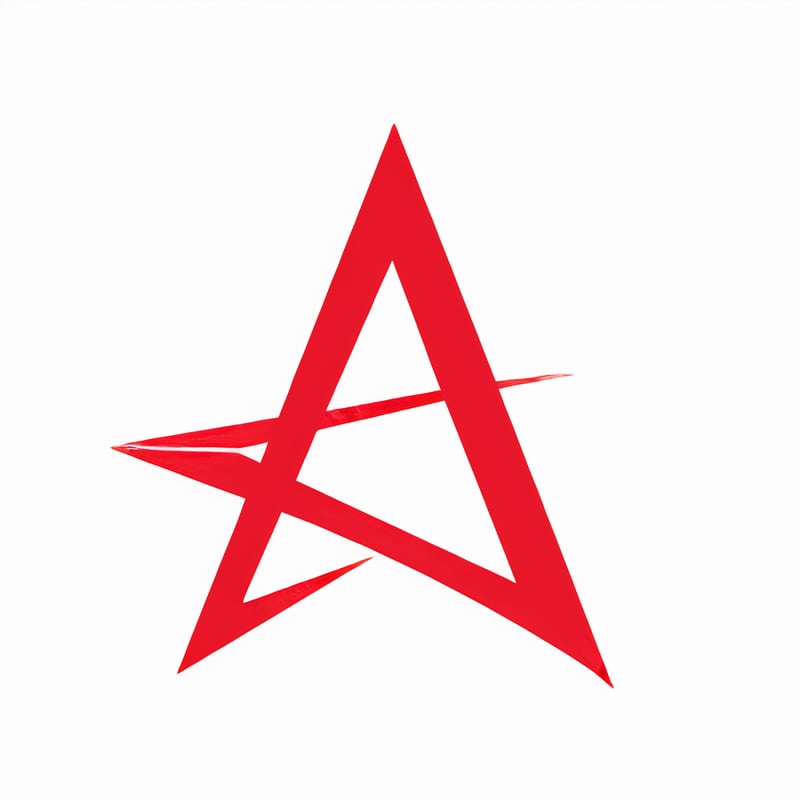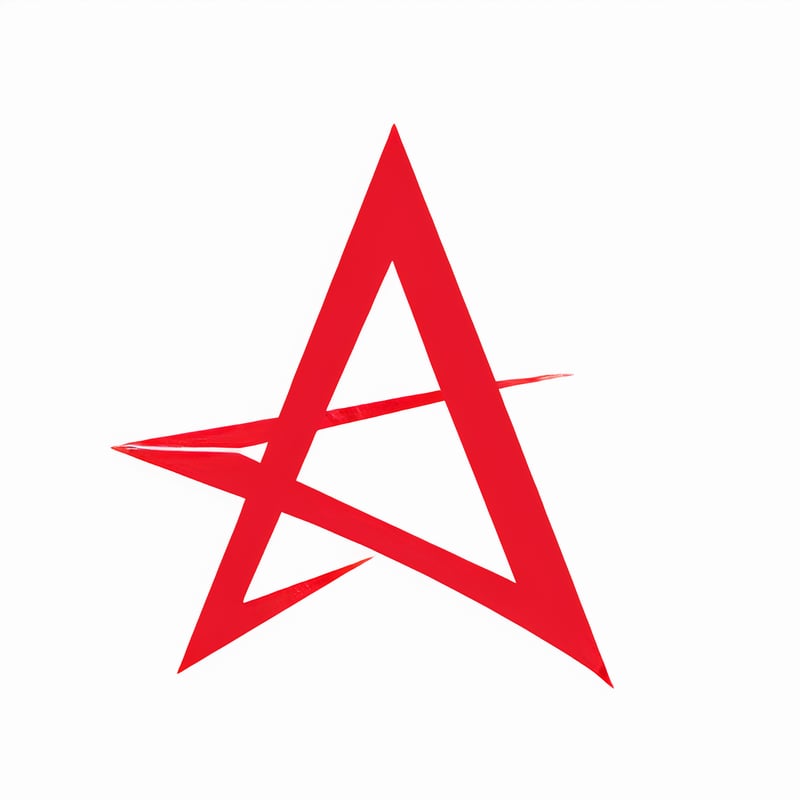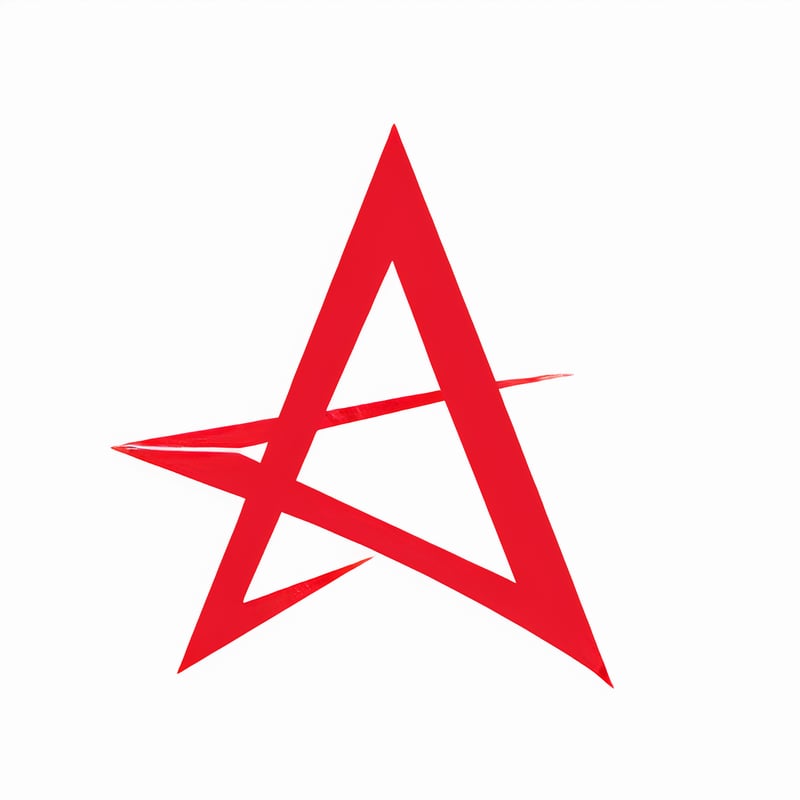
Financial aid (may be available)

Financial aid (may be available)

Financial aid (may be available)

Financial aid (may be available)
No cost info
No cost info

Financial aid (may be available)
$4,147 total
$8,046 total
This Registered Respiratory Therapy program is 100% online and is designed as a nontraditional track for individuals who have completed an associate's degree in respiratory care and have already earned the Registered Respiratory Therapist (RRT) credential granted by the National Board for Respiratory Care. Our courses are taught by full-time faculty who are Registered Respiratory Therapists with advanced degrees and extensive clinical training and experience.
No cost info
The University of Cincinnati's online Bachelor of Science in Respiratory Therapy program is designed to improve real-world clinical competence while preparing active respiratory therapy professionals for a lasting future in the healthcare industry. The robust and engaging curriculum challenges students, promoting a deeper understanding of advanced healthcare operations, logistics, technology, leadership, ethics, and project management. Delivered by the industry-experienced faculty in the UC College of Allied Health Sciences, the online program advances respiratory therapy practice and research by focusing on current and future industry standards. The end result is a clinician who can make significant contributions to the field while positively affecting the future of respiratory care for a diverse range of patients. Build on your experience, define your practice, and prepare for the future. Develop the expertise needed for advanced practice and leadership opportunities. Interact and network with an industry experienced faculty and healthcare professionals. Earn a bachelor of science in respiratory therapy in as few as 20 months (5 semesters). Continue working while your learn with flexible, 100 percent online classes.
No cost info
A bachelor’s degree in respiratory therapy from MU will help you provide the hands-on care that assists in recovery and management of a wide range of medical conditions. If you hold the NBRC RRT credential or the Canadian equivalent, this may be the degree for you.
No cost info
Working primarily in hospital settings, respiratory therapists are responsible for an extremely wide range of patients. From the smallest infants to the elderly, from long-term disease to emergencies, respiratory therapists must be prepared for everything. Our program will give you access to expert instruction and the cutting-edge skills you need to advance your career.
This is a degree completion program. Students must have earned an associate degree in respiratory care, hold your RRT from the National Board of Respiratory Care (NBRC), and currently licensed to practice to be eligible for admission.
No cost info
Respiratory Therapy careers are projected to grow 23% by 2026, and because East Tennessee State University allows more transfer credits than most universities, an online B.S. in Respiratory Therapy from ETSU can save you valuable time and tuition dollars while helping you move forward faster.
The Respiratory Therapy (Cardiopulmonary Science) Completion Program at ETSU is an accredited, online program dedicated to providing advanced instruction emphasizing best practices in clinical respiratory therapy based on scientific inquiry.
No cost info
This blog is designed to provide you with the necessary information you need if you're considering a career as a respiratory therapist, particularly if you are located in McAllen. With the help of platforms like Dreambound, you can find the best vocational training programs that align with your career goals. Let's dive into what being a respiratory therapist involves, the training requirements, and how to choose the best class for you.

A respiratory therapist is a healthcare professional who specializes in the assessment and treatment of patients with both acute and chronic dysfunction of the cardiopulmonary system. They work with patients of all ages, from premature infants to the elderly, and they play a crucial role in the management of respiratory illnesses.
Becoming a respiratory therapist requires specific educational and certification processes. Here's a brief overview:
Education: Most respiratory therapists start with an associate degree, but a bachelor's or master's degree could be beneficial for career advancement.
Licensure: To practice as a respiratory therapist, you need to be licensed in the state where you intend to work. This usually involves passing a state or professional certification exam.
Choosing the right class is pivotal in your journey to becoming a respiratory therapist. Here are some things to consider:
Accreditation: Check whether the program is accredited by recognized organizations. This ensures the program meets specific standards and that you'll be eligible to sit for licensure exams.
Course Content: The curriculum should cover essential topics like anatomy, physiology, pharmacology, and patient management.
Clinical Experience: Look for programs that provide hands-on clinical experience. This real-world practice is critical for developing your skills.
Attending a respiratory therapy class involves a blend of theoretical learning and practical training. You'll learn about the respiratory system, how to diagnose respiratory conditions, and treatment protocols. You'll also gain hands-on experience in clinical settings under the supervision of experienced professionals.
Becoming a certified respiratory therapist involves several steps:
Education: Complete a minimum of an associate degree from an accredited respiratory therapy program.
Examination: Pass a national certification exam administered by the National Board for Respiratory Care (NBRC).
Licensure: Apply for and obtain a state license to practice as a respiratory therapist.
After completing your training and becoming certified, the next step is to find a job. Start by checking job boards and healthcare facilities' websites for openings. Networking can also be beneficial, so consider joining professional organizations.
After becoming a respiratory therapist, you may want to consider advancing your skills with additional classes. These could include classes in:
Advanced Cardiac Life Support (ACLS)
Pediatric Advanced Life Support (PALS)
Neonatal Resuscitation Program (NRP)
Continuing education can open up opportunities for specialization and career advancement.
Before deciding to pursue a career as a respiratory therapist, it's essential to understand how this role differs from other medical professions. For example, compared to radiology technicians medical sonographers, respiratory therapists focus more on patients with breathing difficulties or other cardiopulmonary disorders.
Hands-on experience is crucial when training to be a respiratory therapist. This practical experience allows you to apply what you've learned in the classroom to real-world situations. It also equips you with the skills needed to provide excellent patient care.
Respiratory therapists play a vital role in healthcare teams. They work closely with doctors and nurses to develop and implement treatment plans for patients with respiratory conditions. This collaborative work environment helps ensure that patients receive the best possible care.
Being a respiratory therapist can be both challenging and rewarding. The job can be physically and emotionally demanding, but the opportunity to make a significant difference in patients' lives offers immense job satisfaction.
Becoming a respiratory therapist can be a fulfilling career choice if you're passionate about healthcare and helping others. The demand for respiratory therapists is expected to grow, making it a viable career option. With the right training, you can play a crucial role in improving patients' quality of life. Platforms like Dreambound can help you find the right training program to start your journey in this rewarding career.
Dreambound simplifies your start in this field with tailored guides for various cities. If life takes you elsewhere or you're thinking about a move, our other guides can help you figure out what to expect.
Exploring diverse professional options? Dreambound has comprehensive guides to assist you in making well-informed decisions. Take a look at these resources:
Dreambound's platform allows prospective students to find the right educational program for them through searching, filtering, and connecting with our extensive selection of career & technical education partners.
Dreambound has over 70 programs across healthcare, technology, business, and industrial trades. This includes programs such as Medical Billing, Cybersecurity, and welding.
Some of our schools offer financial aid for those who qualify. Many others offer payment plans, where you can pay the cost of class over time.
Yes, Dreambound offers many online programs. On Dreambound's search, you can filter by online, in-person, and hybrid (part online, part in-person).
Dreambound is completely free for you to use! We are supported by schools and organizations who pay to advertise on our website, so we can offer all of our career resources for free.